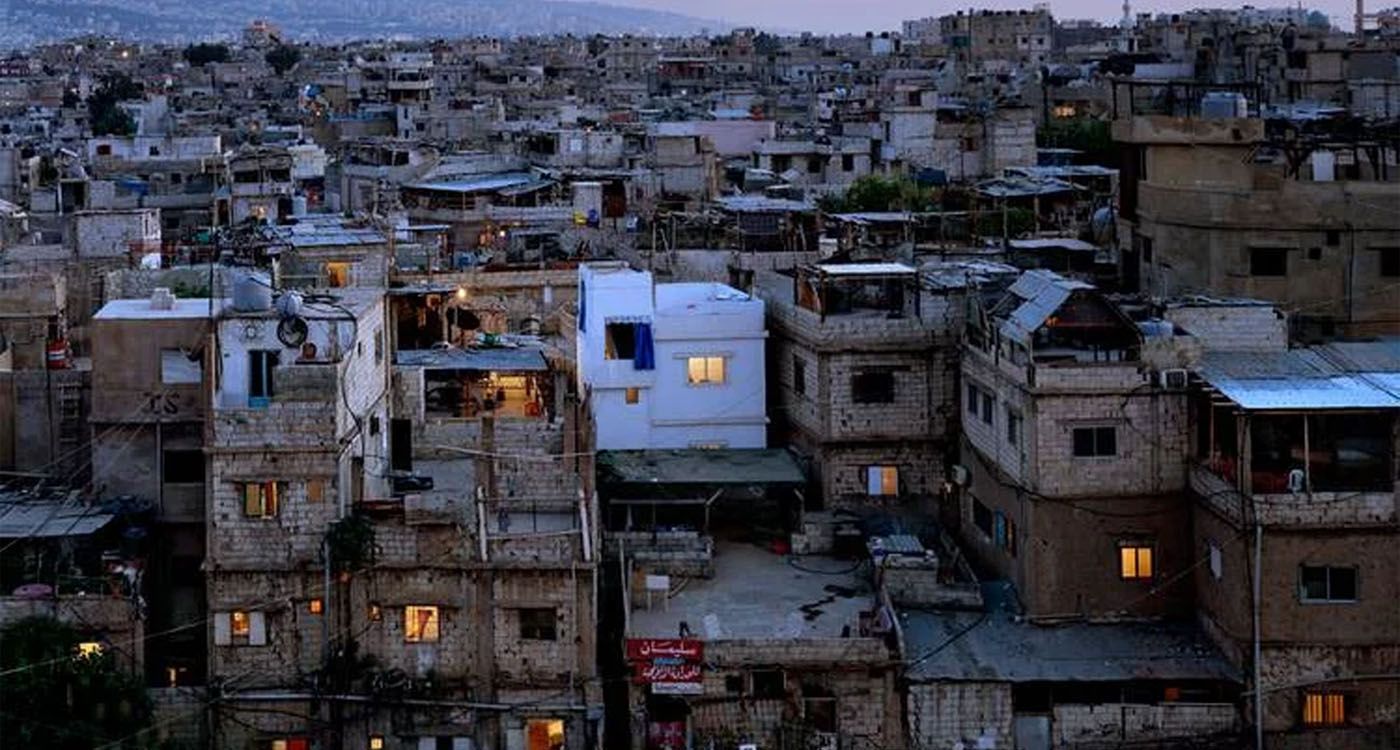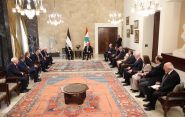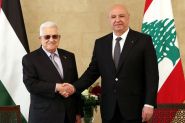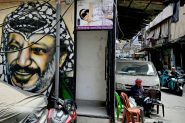
President Joseph Aoun's recent inaugural address resonated with a pivotal call to disarm Palestinian factions within refugee camps and reinstate security control to the state. This longstanding issue, lingering since the 2006 dialogue, now stands at a unique crossroads, offering a chance to address a critical chapter that fueled the Lebanese Civil War's outbreak in 1975. This matter, which had formally infringed on Lebanese sovereignty, began with the signing of the Cairo Agreement in 1969 and was eventually annulled in 1987.
The issue of Palestinian weapons in Lebanon seems to be moving towards resolution, with significant indications arising following the Lebanese Army’s recent takeover of positions held by the Popular Front for the Liberation of Palestine — General Command and the Palestinian Islamic Jihad in the Beqaa Valley and the suburbs of Beirut. This operation, carried out last month without major obstacles, gave the impression that the state has taken a firm stance on the matter, a significant shift after being previously prohibited from addressing these arms. A key factor in this change was the fall of Syrian President Bashar al-Assad's regime and Hezbollah's agreement to a ceasefire deal, backed by both Arab and international sponsors, which bans Hezbollah and other Lebanese and non-Lebanese factions from carrying arms.
In Lebanon, there are 13 Palestinian refugee camps, home to an estimated 200,000 Palestinians according to the Palestine Liberation Organization. These camps are distributed as follows:
Five camps in the South near the cities of Tyre and Saida:
- Rashidieh
- El-Buss
- Burj al-Shemali
- Ain el-Hilweh
- Mieh
There are four camps in Beirut and its surrounding area:
- Mar Elias
- Sabra
- Shatila
- Burj al-Barajneh
In the northern Metn area, there is one camp in Dbayeh.
In the North, there are two camps: Al-Bared and Beddawi.
In the Beqaa Valley, specifically in the region of Baalbeck, there is the Jaleel camp.
All of these camps, except for the Dbayeh camp, harbor armed groups, some of which are affiliated with the Palestinian Authority, notably Fatah, while others like Hamas and the Islamic Jihad Movement oppose this authority. The Ain el-Hilweh camp, located southeast of Saida, is the most heavily armed and has the largest concentration of Palestinian factions. It has also served as a refuge for extremist groups, such as Ansar al-Islam and Jund al-Sham, both of which are linked to al-Qaeda and ISIS.
Palestinian Authority President Mahmoud Abbas (Abu Mazen) quickly responded to President Aoun's speech concerning the Palestinian camps. In a congratulatory call, he said, "I followed the president's speech before the Lebanese Parliament and want to emphasize my full support for what was said, especially regarding Palestinian issues and the conditions of our refugee community in Lebanon. We are committed to ensuring that they live with dignity under Lebanese law until their return to their homeland, with the establishment of our independent Palestinian state and its capital, East Jerusalem. We also look forward to fostering fraternal relations and meaningful cooperation with Lebanon."
Lebanese sources closely following the matter stated that, although the Palestinian president’s remarks were somewhat general, they signal the Palestinian Authority’s readiness to address the issue of weapons in the refugee camps and find a solution that upholds Palestinian sovereignty. These sources also pointed to efforts to revive the Lebanese-Palestinian Dialogue Committee, with talks expected to include Hamas and the Islamic Jihad Movement, aiming to halt their military activities in Lebanon and secure the surrender of their weapons. However, the sources warned of the potential danger posed by extremist groups that reject any dialogue or disarmament, stressing that they are prepared to oppose any attempts to implement such a decision.




Comments